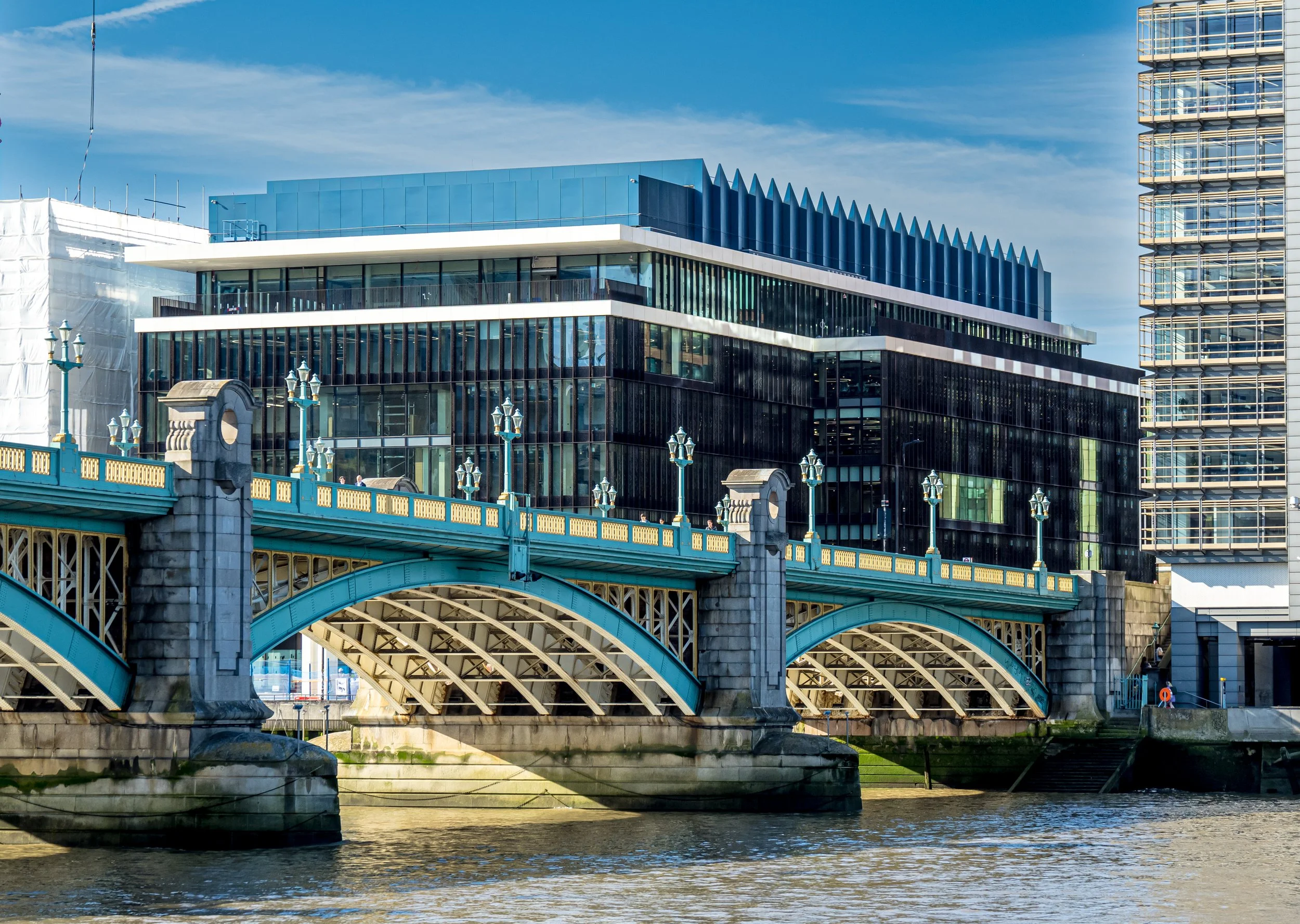Maximising Cost Efficiency
Leverage Your Planned Improvements
At Hollen+, we’ve found time and again that the most cost-effective EPC upgrades are often the upgrades you already need to make. This could be a planned refurbishment of lettable space, replacement of central plant, or building fabric updates.
Our approach maximises the benefit of these required works, by ensuring specifications of the upgrades are sufficient to reach the target EPC rating. For example, a small increase in the efficiency of a lighting upgrade could be enough to improve a C rating to a B rating. This therefore removes the cost and disruption of undertaking other upgrade works to reach the B rating. Very often, these changes to specification do not lead to any increase in cost.
Let’s take a closer look...
Maximising cost-efficiency
Leverage the Lifecycle of Your Building
Think about the natural maintenance cycle of a commercial property. E.g.
Fluorescent lighting is now obsolete and must be replaced.
HVAC systems eventually reach end-of-life.
Controls, insulation, or glazing might be flagged during routine reviews.
These are upgrades that would be carried out regardless of EPC requirements, so why not ensure they’re specified to deliver maximum impact on your EPC rating?
Small Improvements, Big Impact
It often takes just a small bump in performance to make a significant leap in your EPC rating.
For instance, a minor efficiency improvement in your lighting specification could be the difference between a C rating and a B rating. That could mean avoiding the need for additional disruptive and costly upgrades entirely.
In our experience, 99 times out of 100, it’s more cost-effective to enhance the efficiency of planned upgrades than to retrofit separately later to chase an EPC target.
Strategic, Not Reactive
Our approach at Hollen+ is both strategic and practical.
We align your EPC improvement plan with:
The existing lifecycle of building systems
The occupational profile of the building
Lease cycles, capital planning, and commercial intent
This ensures that upgrades are not only compliant, but also:
Cost-efficient
Non-disruptive to tenants
Aligned with your broader investment strategy
A Clear, Achievable Path to EPC Compliance
With tightening regulations and increasing pressure from tenants and investors to deliver on sustainability, EPCs are becoming more than just a box-ticking exercise.
We help you map out a clear trajectory to your target rating, whether that’s a B rating by 2030 (or sooner) or NET ZERO, all whilst keeping cost and disruption to a minimum.
If you're considering upgrades or refurbishment in the near future, now is the time to ensure they're delivering the maximum EPC impact for your investment.
Let's make your next upgrade achieve more.


